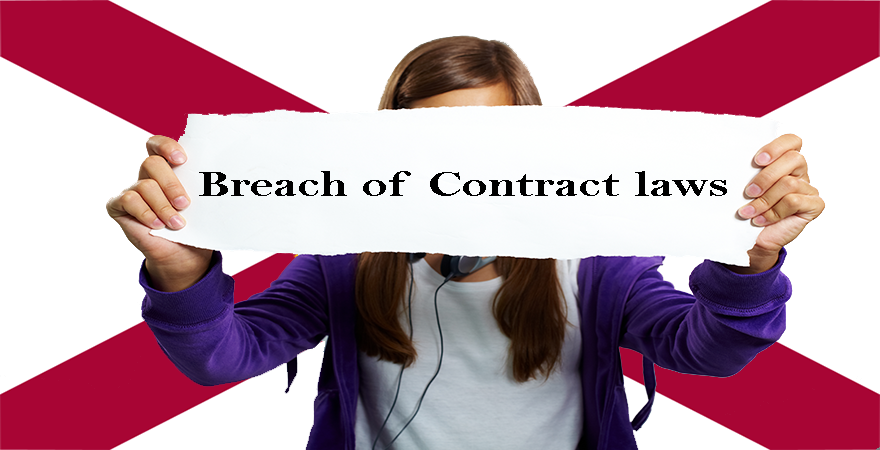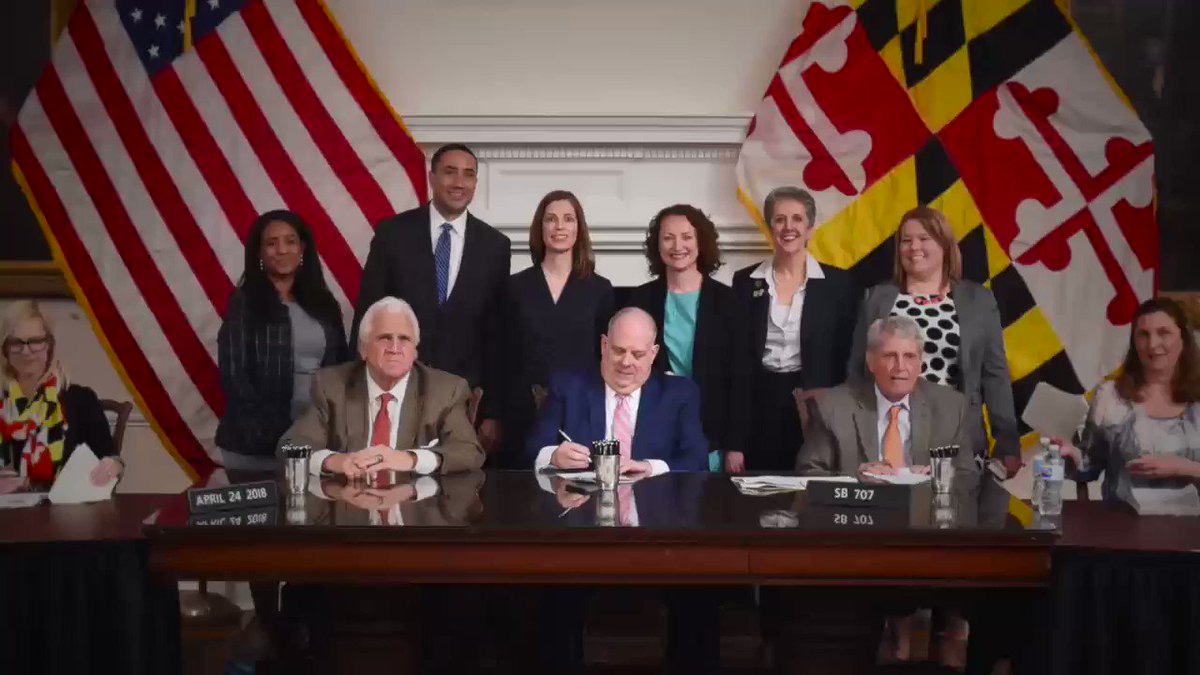
MARYLAND JUDICIARY POLICY ON CONFIDENTIALITY CODE
Code Ann., Correctional Services § 7-601. The pardon power is vested in the governor, except in cases of impeachment. June 2002), available at, documenting a number of situations in which people with convictions are barred by law from certain jobs and occupations. See also Homeless Persons Representation Project, “Ex-Offenders and Employment: A Review of Maryland’s Public Policy and a Look at Other States” (December 2001, rev. Other Collateral ConsequencesĪ partial catalogue of collateral consequences for Maryland offenders is contained in the study produced by the University of Maryland School of Law Reentry of Ex-Offenders Clinic, “A Report on Collateral Consequences of Criminal Convictions in Maryland” (rev. See §§ 5-101(c) (defining crime of violence) 5-206(a).Ī person may not be issued a handgun permit if he has been convicted of “a felony or of a misdemeanor for which a sentence of imprisonment for more than 1 year has been imposed,” or a crime involving possession or use of a controlled substance or, if under 30 years of age, adjudicated delinquent for an offense that would be a felony, a crime of violence, or an act that would be a misdemeanor in this State that carries a statutory penalty of more than 2 years if committed by an adult.” See Code Ann., Public Safety §§ 5-306(a), (b). Code Ann., Public Safety §§ 5-206(b), a person may not possess a rifle or shotgun if he was previously convicted of a “crime of violence” or certain drug offenses. Persons who may not possess a “regulated firearm” cannot be a firearms “dealer.” § 5-101(d) 5-107(b)(4)(iii)-(iv). 2008)(trial court exceeded its authority in substituting less serious charge in plea context).

Prosecutors have broad authority to choose which statute to charge. Persons “convicted of a violation classified as a common law crime and received a term of imprisonment of more than 2 years” also may not possess a “regulated firearm.” § 5-133(b)(2). A “regulated firearm” includes handguns and certain specified assault weapons as defined in Md. A disqualifying crime includes a crime of violence, a felony, and “a violation classified as a misdemeanor in the State that carries a statutory penalty of more than 2 years.” Id., § 5-101(c), (g).

In addition, a person convicted of a “disqualifying crime” who possesses a “regulated firearm” is subject to a mandatory minimum sentence of five years. Code Ann., Criminal Law § 5-622 prohibits anyone convicted of a felony from possessing any firearm, including an antique firearm as defined in § 4-201, subject to a penalty not to exceed five years’ imprisonment. Code Ann., Courts and Judicial Proceedings § 8-103(b)(4). Persons are disqualified from jury service if convicted of a crime punishable by imprisonment exceeding 1 year, and sentenced to more than 1 year imprisonment, or charged with a crime punishable by a sentence exceeding 1 year. Once restored to the franchise, convicted persons also regain the right to hold office. Office: A person is ineligible to hold an elective office if at any time after election/appointment and prior to completion of their term, the person ceases to be a registered voter. Voting by detainees: In 2021, SB 525 was enacted (by governor inaction) to require the Baltimore City centralized booking facility to provide a secure, designated ballot drop box for eligible voters in the facility and to monitor the ballot drop box 24 hours a day and 7 days a week to disseminate written notifications directly to each eligible voter in the facility on how and when to use the drop box and to require the State Board of Elections to provide the Baltimore City centralized booking facility with certain materials and the ballot drop box. 1 The exception is for persons convicted of buying or selling votes, who are not qualified to vote even after fulfilling their court-ordered sentence. Code Ann., Election Law § 3-102(b)(1), and the vote is restored automatically upon release. With one exception, disenfranchisement is limited to persons convicted of a felony who are “currently serving a court-ordered sentence of imprisonment for the conviction,” Md. The Maryland Constitution authorizes the General Assembly to disqualify persons from voting who are convicted of “infamous or other serious crime.” Md.

Loss & restoration of civil/firearms rights A. Ban-the-box in public and private employment Criminal record in employment & licensing Expungement of non-conviction records, pardoned convictions, other minor offenses. “Shielding” (sealing) of misdemeanor convictions Expungement of misdemeanor and felony convictions

Expungement, sealing & other record relief Loss & restoration of civil/firearms rights


 0 kommentar(er)
0 kommentar(er)
